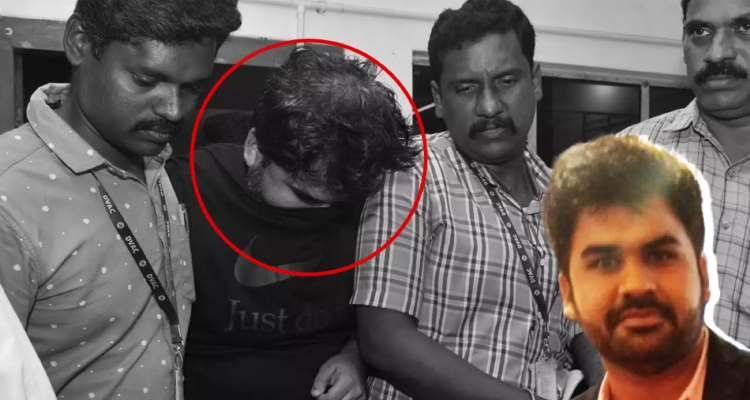
The Supreme Court on Wednesday has granted permission for Enforcement Directorate official Ankit Tiwari, who was arrested in an alleged bribery case by the Tamil Nadu Directorate of Vigilance and Anti-Corruption, to visit Madhya Pradesh.
A bench comprising Justices Surya Kant, Dipankar Dutta, and Ujjal Bhuyan approved Tiwari’s request for travel.
In March, the Supreme Court had granted Tiwari interim bail after his arrest in December 2023. However, this bail was subject to several conditions, including prohibitions against influencing witnesses, tampering with evidence, and leaving Tamil Nadu without prior permission.
Tiwari has challenged a Madras High Court ruling that dismissed his bail plea in a money laundering case.
In addition to Tiwari’s bail application, the Supreme Court is also reviewing a plea from the Enforcement Directorate seeking to transfer the investigation of bribery allegations against Tiwari from the Tamil Nadu DVAC to the Central Bureau of Investigation.
The allegations against Tiwari arose when the Tamil Nadu DVAC arrested him in December 2023, claiming he was caught “red-handed” while accepting a bribe of ₹20 lakh from a doctor in Dindigul district. Officials from Tamil Nadu asserted that Tiwari and his ED team had been threatening individuals and soliciting bribes under the pretense of resolving their cases within the ED.
The developments in this case highlight significant concerns regarding the conduct of officials within the ED and the broader implications for governance and accountability in law enforcement agencies.
As the Supreme Court deliberates on these matters, the scrutiny of Tiwari’s actions and the alleged corruption within the ranks of the ED continues to unfold.
The outcome of both Tiwari’s bail challenge and the investigation transfer will be pivotal in determining the future course of action regarding these serious allegations.
The case underscores the ongoing challenges in addressing corruption within enforcement agencies and the importance of maintaining the integrity of legal processes.
With heightened public interest in accountability and transparency, the Supreme Court’s decisions will likely be closely monitored by legal experts and the general public alike.




